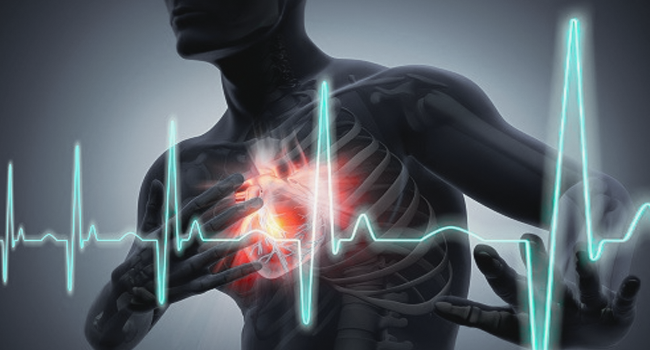
There are many types of medical problems and conditions that can fall under the umbrella term of heart disease. Most types of heart disease can be quite dangerous and life-threatening, because of the potential for blood and oxygen to stop supply to your heart, other major organs, or extremities. Sometimes blood can even stop flowing to the brain because of heart-related problems.
Heart attacks are the most commonly talked about heart disease problems. The risks for heart attacks go up for a variety of reasons. Some people have higher chances of heart attacks due to pure genetics. In contrast, other people are more at risk of having a heart attack because of other health and medical problems they already have.
Unlike what you see on television, though, a heart attack is not usually sudden or even noticeable. Many heart attacks can happen without a person, even knowing they’ve had one. Actual heart attack symptoms often come on slowly. There may be a tightening sensation around the chest area, or it could feel as if you have a heavyweight on your chest instead.
Having pain that spreads outwards from your left shoulder, arm or jaw, particularly combined with chest tightness, anxiety, or heavyweight feelings. Also, shortness of breath and sweating or vomiting, particularly when combined with the other symptoms noted here, are all signs that a heart attack is in progress.
Not everyone has pain when they have a heart attack, unfortunately, and some people don’t even have these common symptoms. Women, in fact, often have pain between their shoulder blades on their back, but nowhere else when they have a heart attack and this makes diagnosis difficult sometimes.
Another type of heart disease is the hardening of the arteries. This disease progresses slowly, over time, when you haven’t been taking care of your health properly. The veins and arteries in our circulatory system are supposed to be flexible, reliable and elastic. Over time, however, these veins can start to become thick and lose their elasticity. When this happens, clots and obstructions can form in the arteries from combinations of cholesterol, plaque, and other debris. These obstructions grow over time to create blockages of the arteries. When blockages occur, depending upon which artery they’re blocking, various areas of the body can become nonfunctional. Blood flow, it may be stuck to the brain, for instance, or the heart, or one of the other major organs. Sometimes blood flow is blocked to various muscles or extremities too. High blood pressure is a major contributing factor to heart-related problems, as is obesity, diabetes, lack of exercise and poor eating habits.
More on beequizz: Alternative ways to keep your colon healthy



